The Renault-Nissan-Mitsubishi alliance is preparing for the next stage of its transformation towards a carbon-neutral business by entering into the electric vehicle space together. The electric car pioneers from this alliance will be investing US$26 billion in the next five years and the three companies will jointly develop and launch no fewer than 35 new electric models by 2030.
The following tasks documenting the roadmap for the three automakers were shared-
The Alliance aims to invest US$26 billion in the next five years to support its mammoth strategy in electrification and enhance the usage of common platforms to reach 80% in 2026.
These are the CMF-AEV, KEI-EV, LCV-EV, CMF-EV, and CMF-BEV, with each one covering a different vehicle segment on the market. The CMF-BEV Alliance platform, currently under development, will be launched in 2024 to replace the Nissan Micra in Europe, the new Renault R5, and an Alpine product. The vehicle is planned to be manufactured at Renault ElectriCity, the electric industrial center in Northern France.
Renault will lead development on common centralized electrical and electronic architecture to launch the first full software-defined vehicle by 2025.
Mitsubishi Motors will toughen its presence in Europe with two new models based on Renault's best-sellers.
Nissan is entrusted with the mass production and development of the Alliance's breakthrough solid-state battery by the middle of 2028 with the aim to “realize cost parity with ICE vehicles” to benefit all members. The first solid-state battery generation developed by Nissan is expected to have twice the energy density of current liquid Li-ion technology and take thrice shorter to a full charge. That's a rather ambitious plan, given that the world's largest car battery maker CATL claims solid-state batteries won't be entering mass production before 2030. To make electric mobility inexpensive for the masses, the alliance will work with common suppliers.
To power the new electric cars, the partners said they planned to secure 220 gigawatts (GWh) hours of battery production capacity by 2030, providing a greater scale that would allow them to halve battery costs by 2026 and reduce them by 65% by 2028. The Alliance will target price parity of its solid-state battery vehicles with conventional internal combustion engine ones by bringing the costs down to US$65/kWh which, if achieved, would steer us into the true era of electric cars.
Holding the three-way alliance together is a cross-shareholding relationship, with Renault owning 43.4% of Nissan, which in turn has a 15% non-voting stake in the French car company and a third of Mitsubishi Motors' stock. The Alliance will face stormy competition from bigger carmakers with deeper pockets, such as Toyota Motor, which in December 2021 pledged to spend $70 billion to electrify its fleet and the electric vehicle giant Tesla Inc. headed by business magnate Elon Musk.


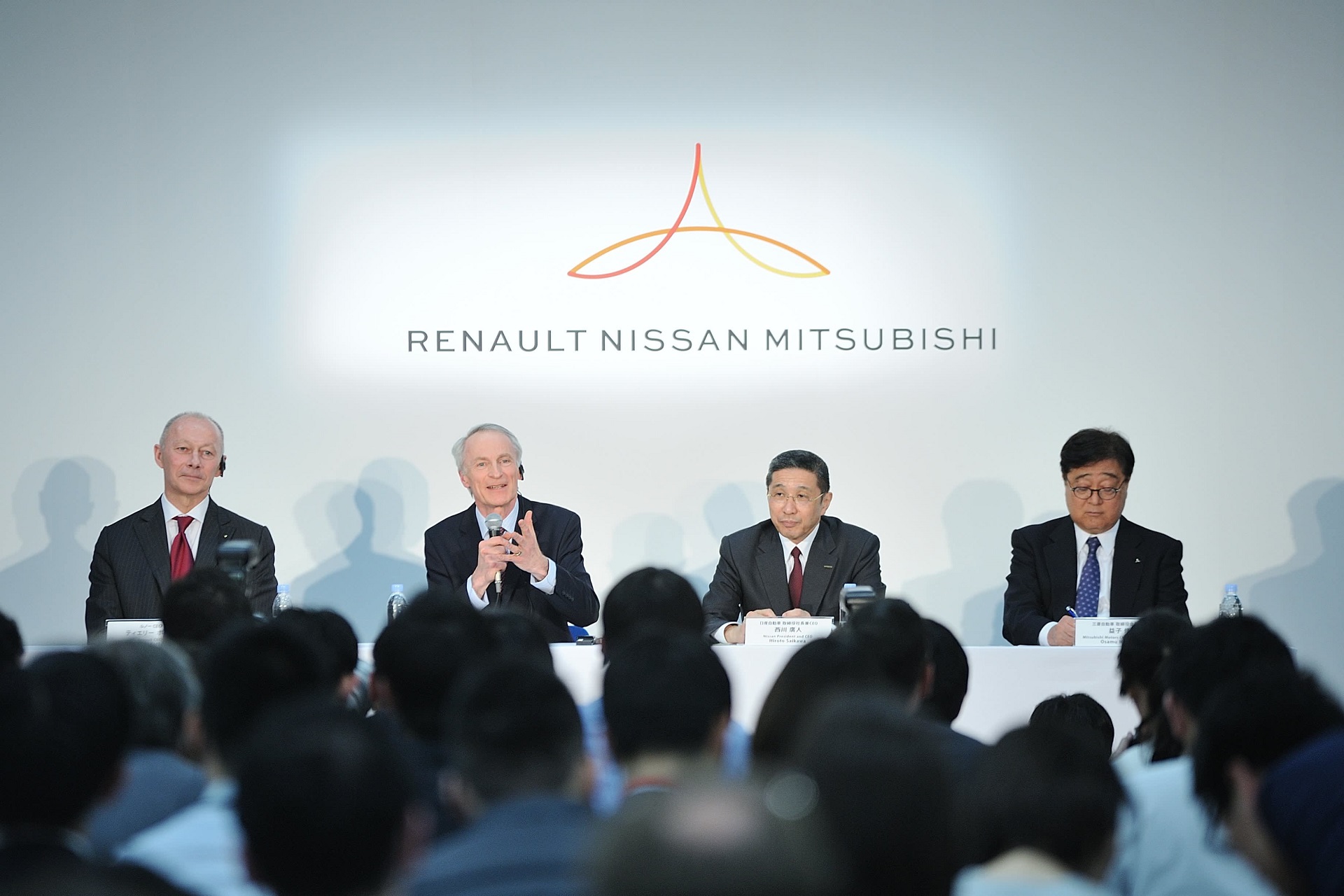

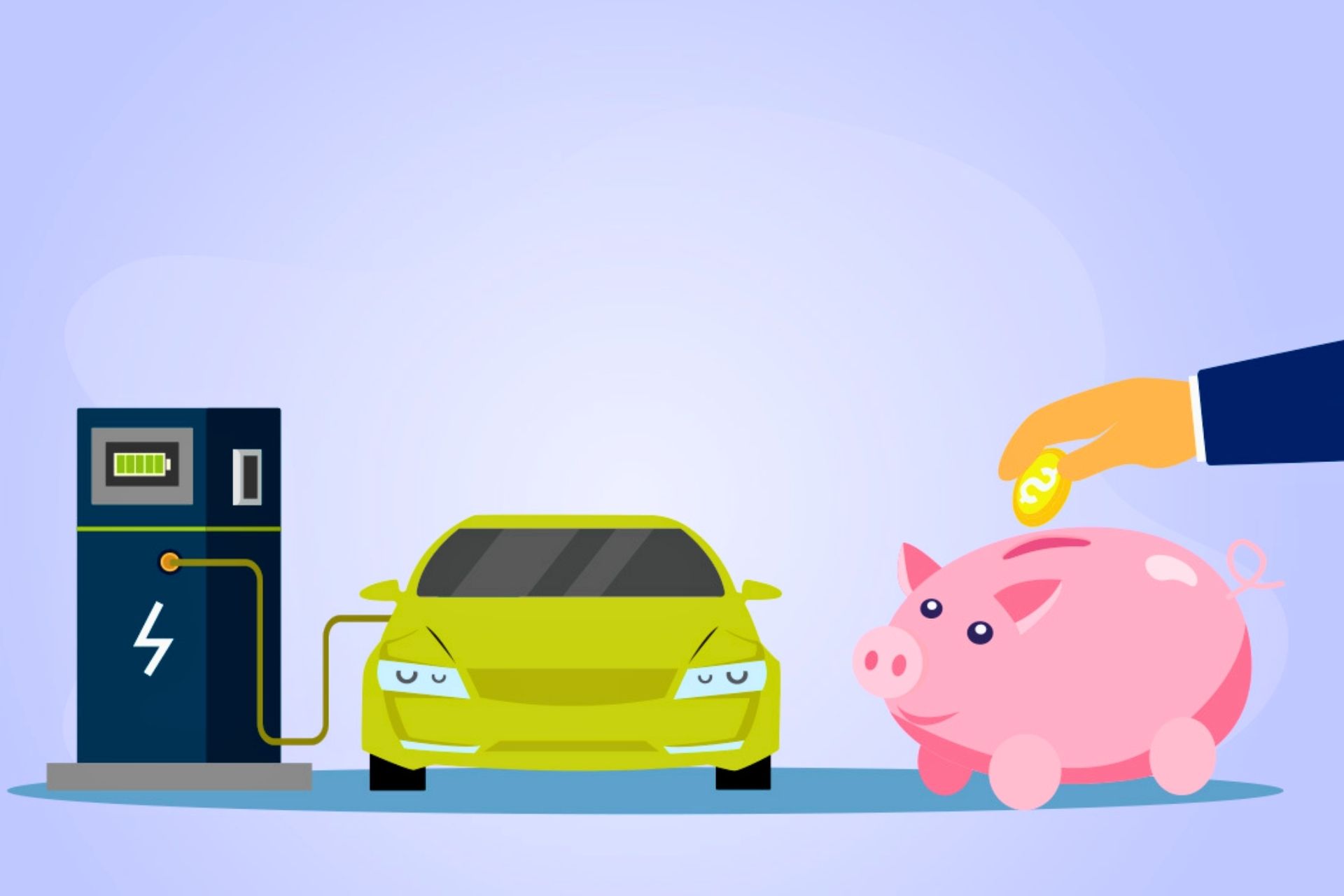

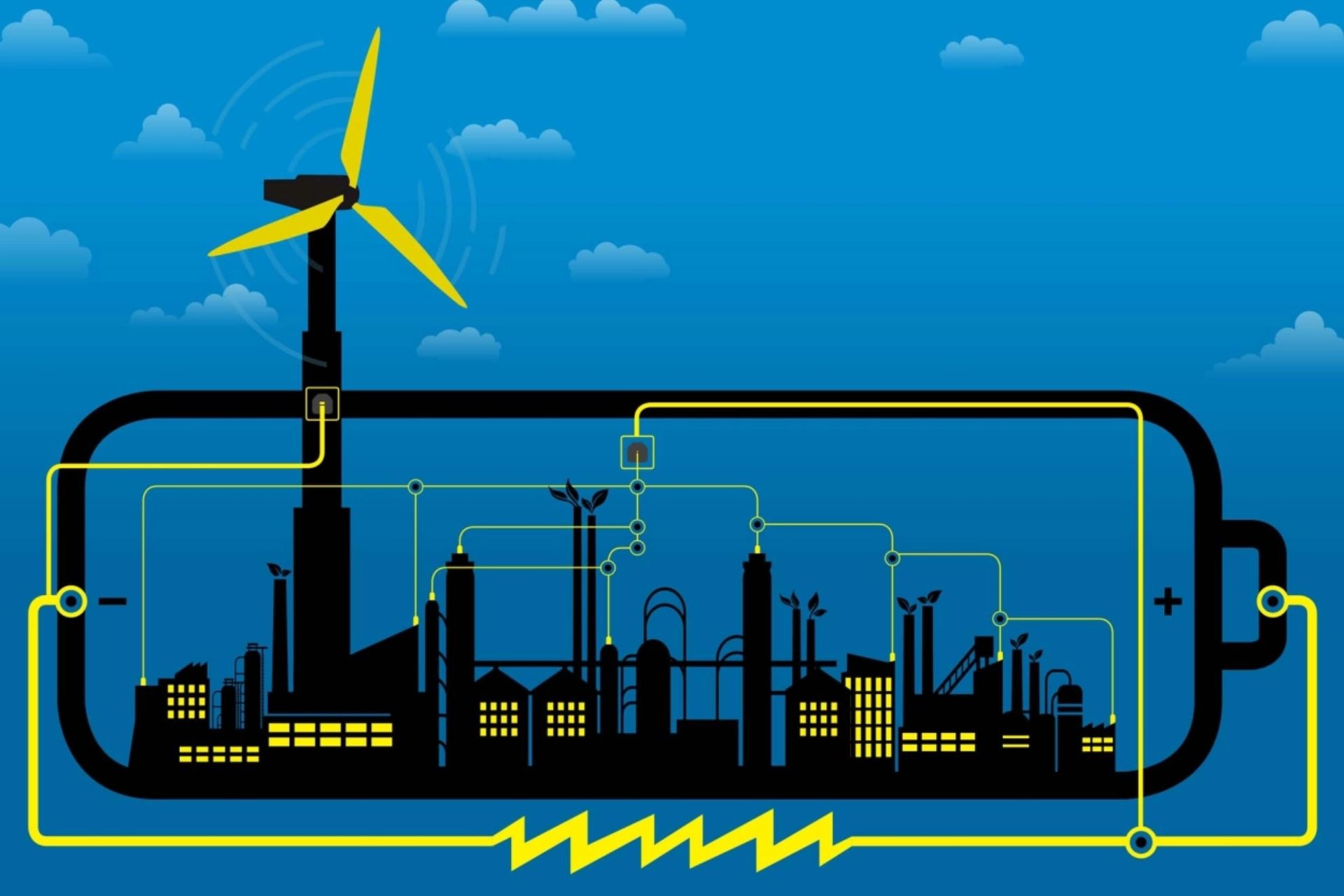
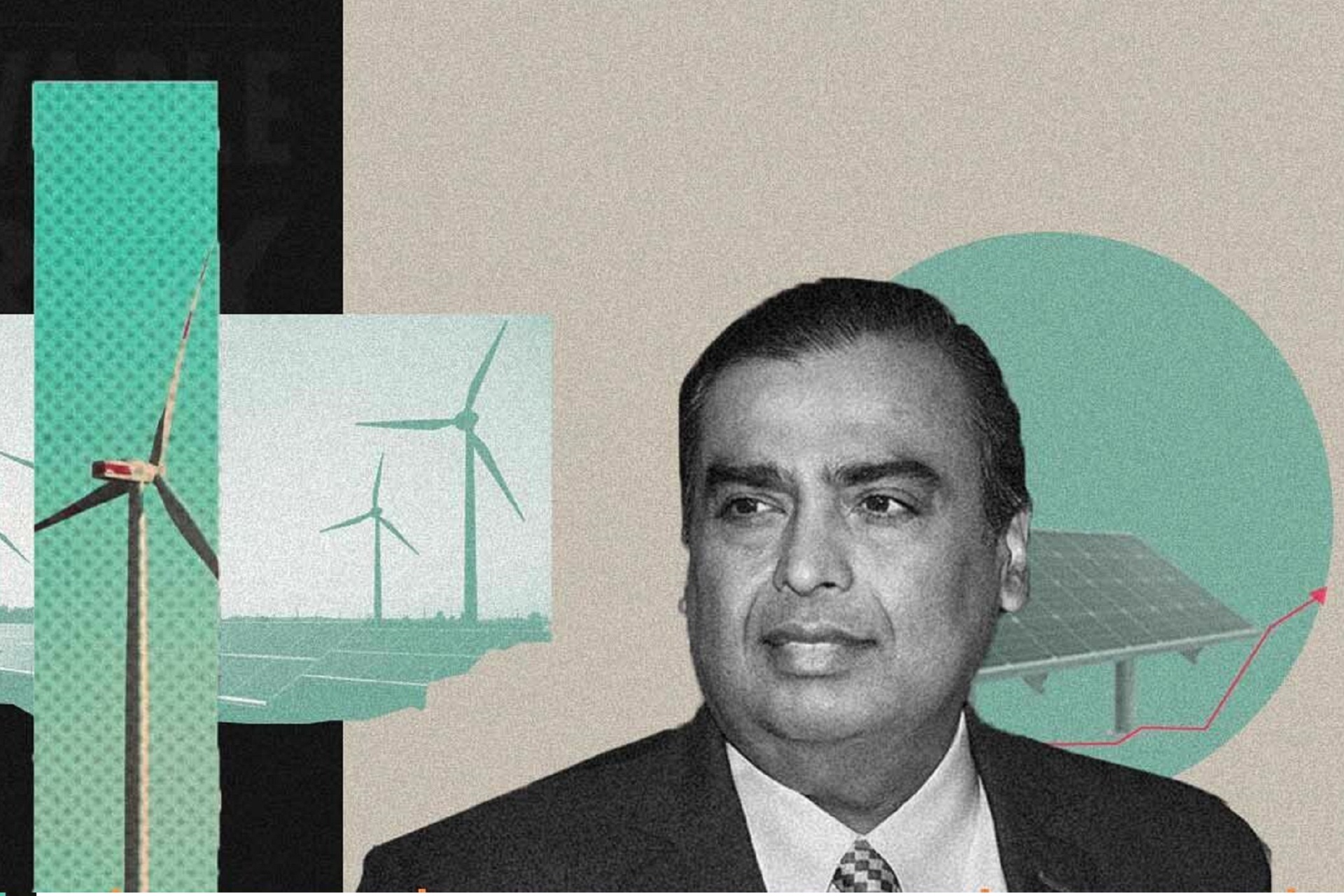
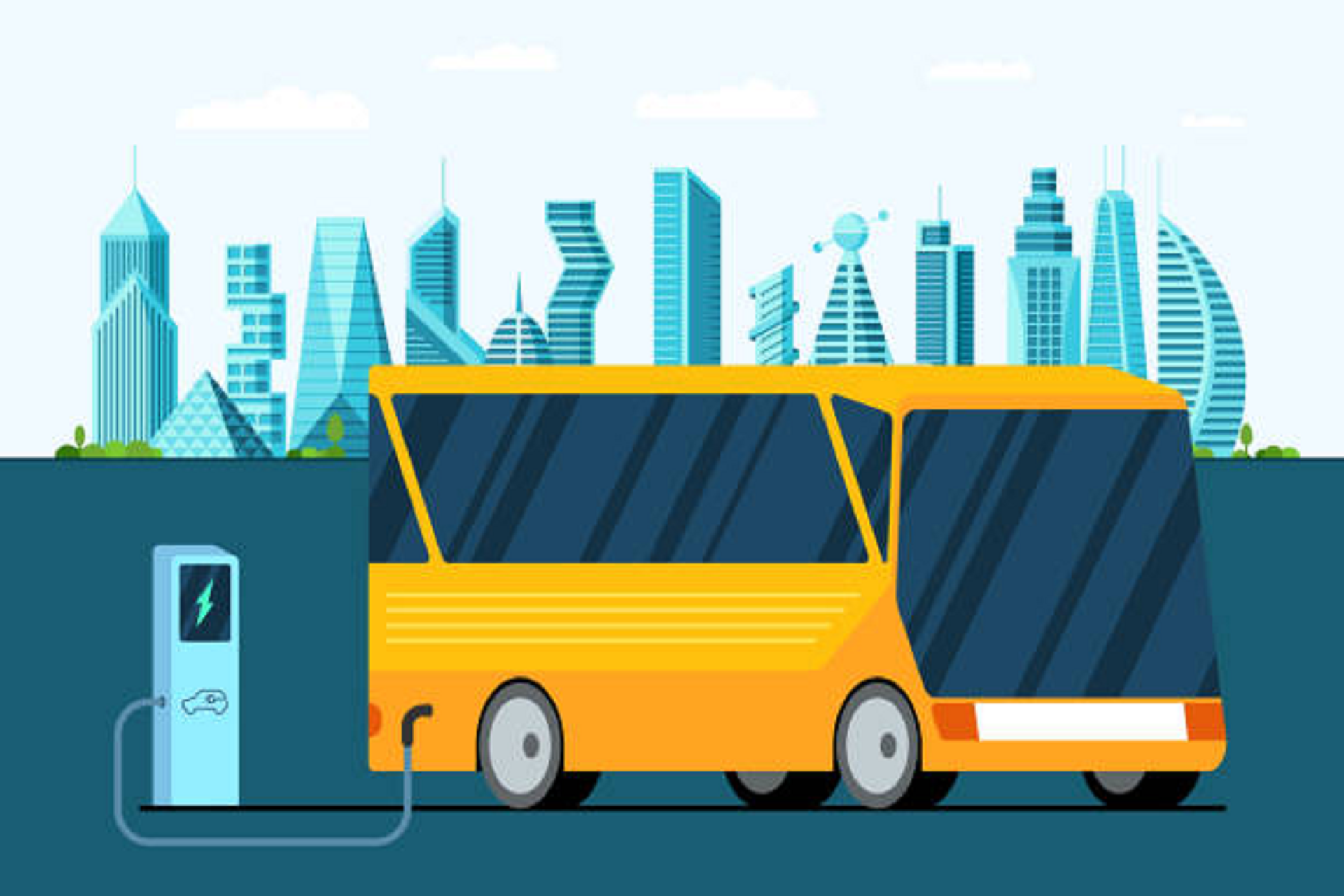
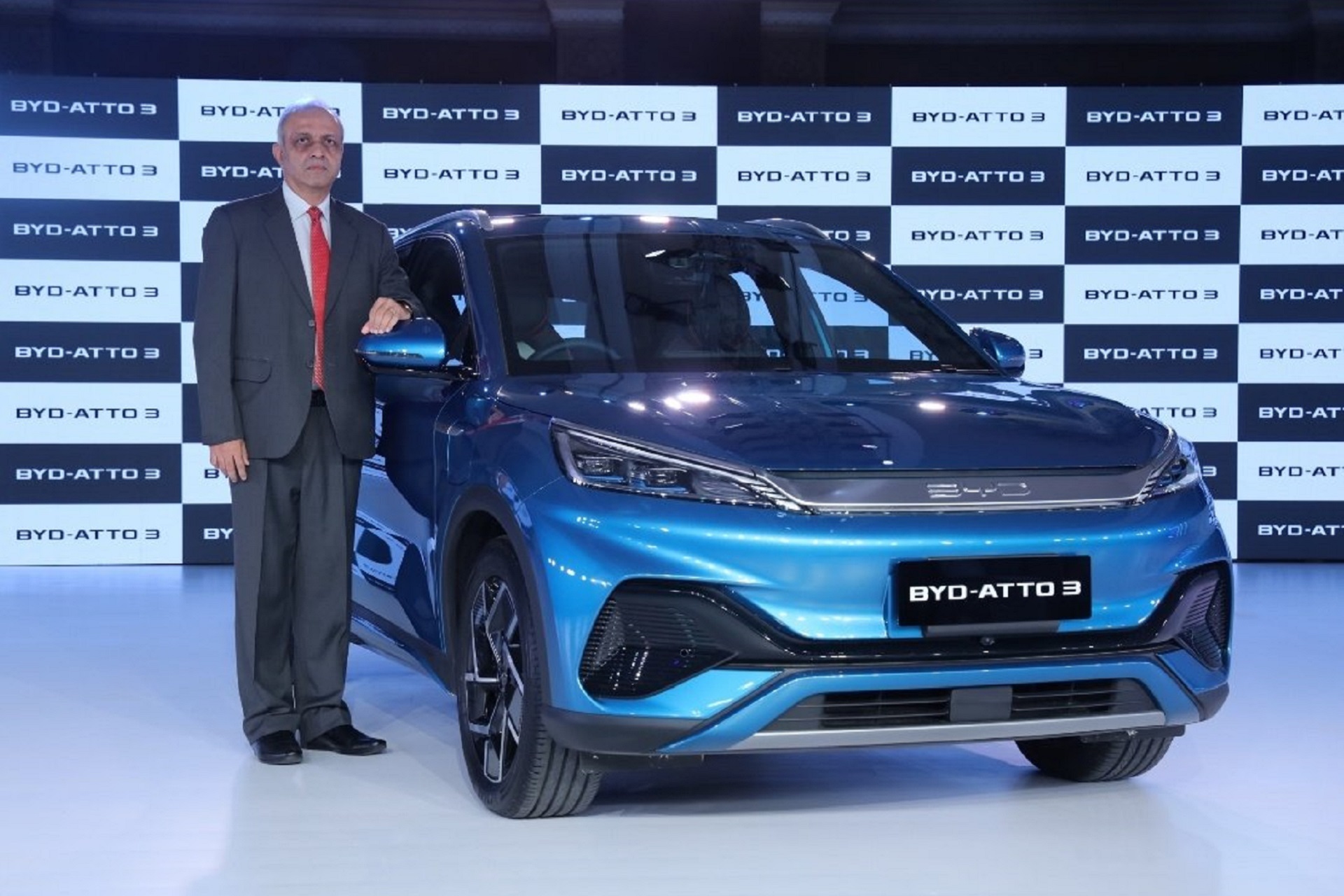
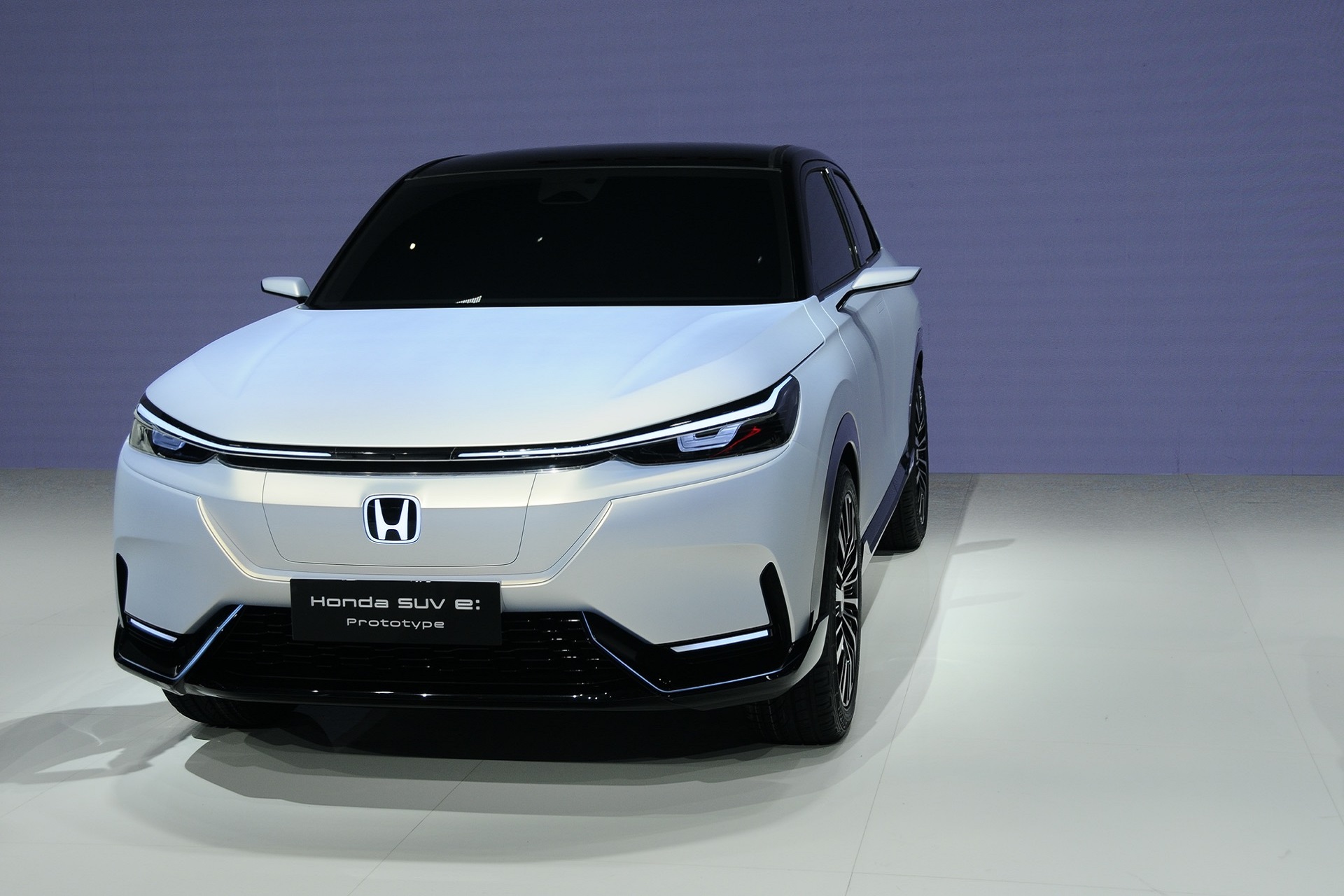
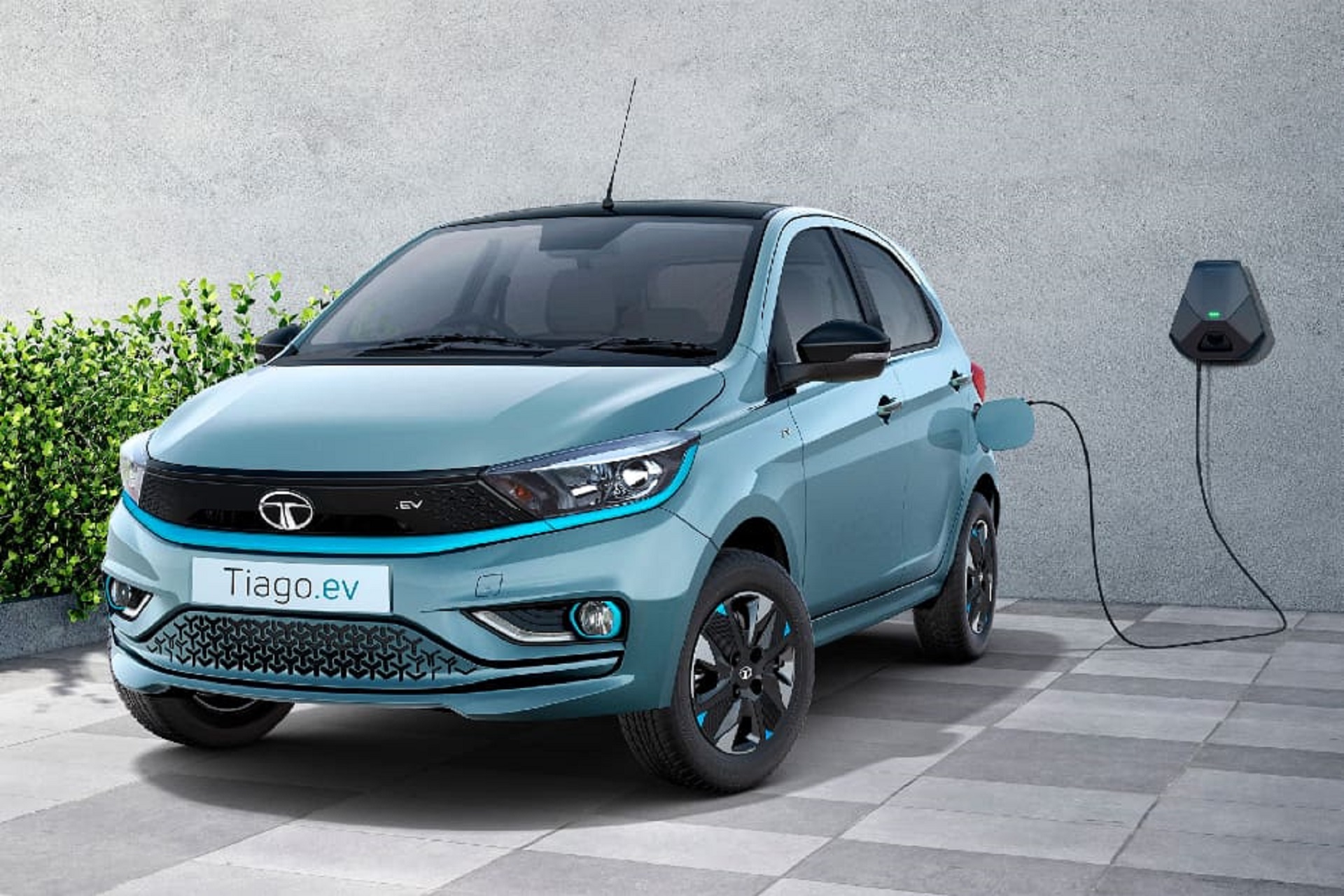
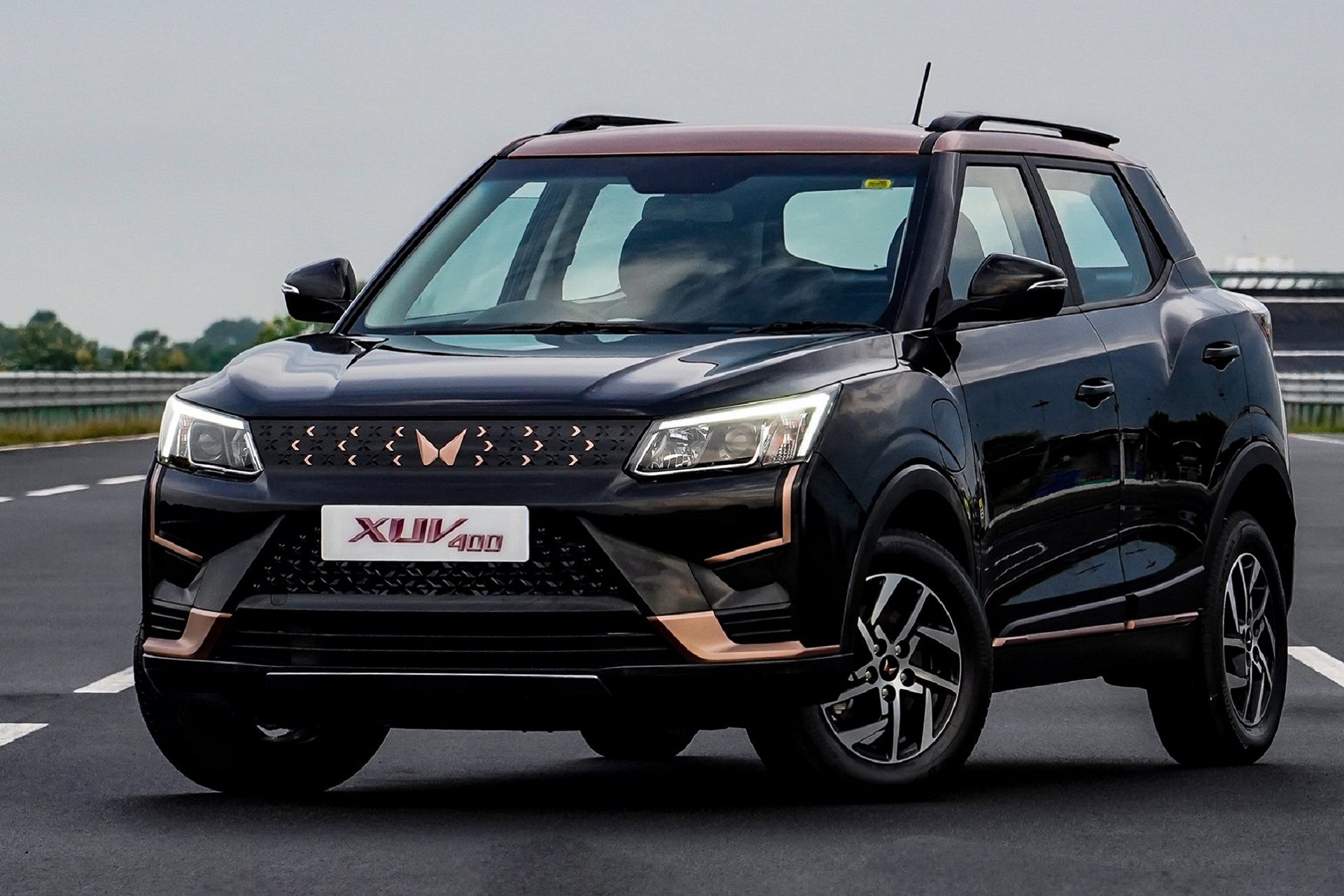
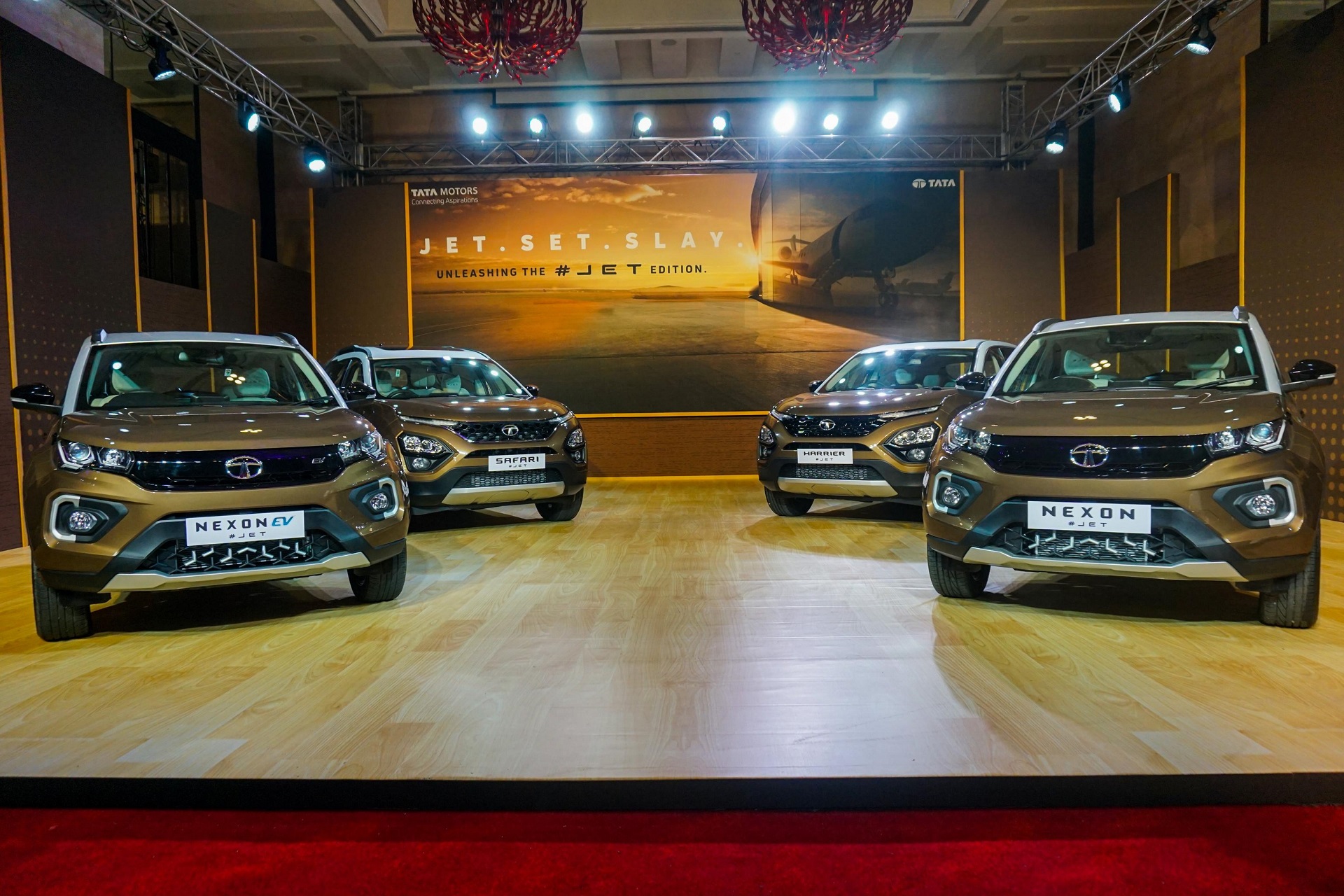
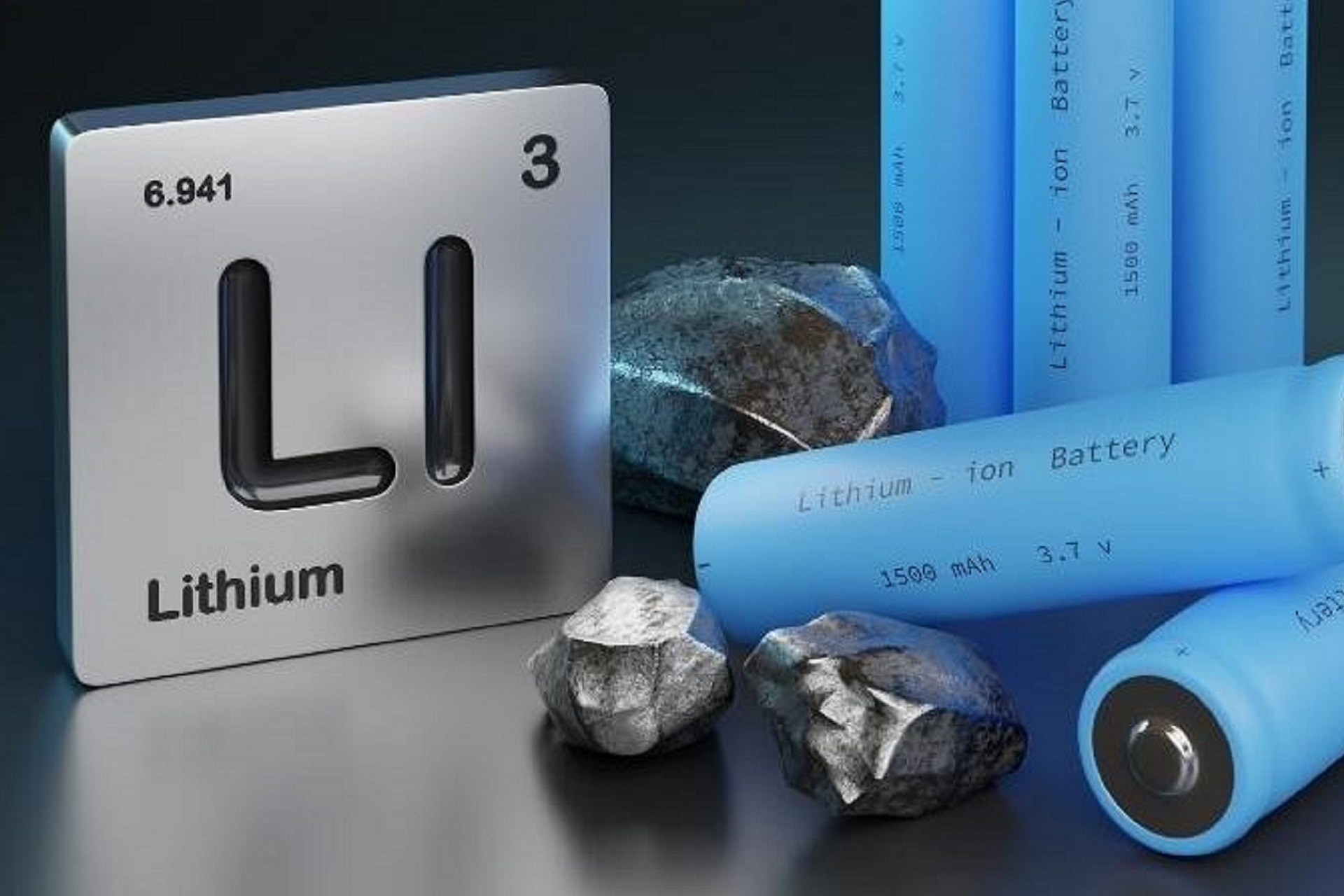
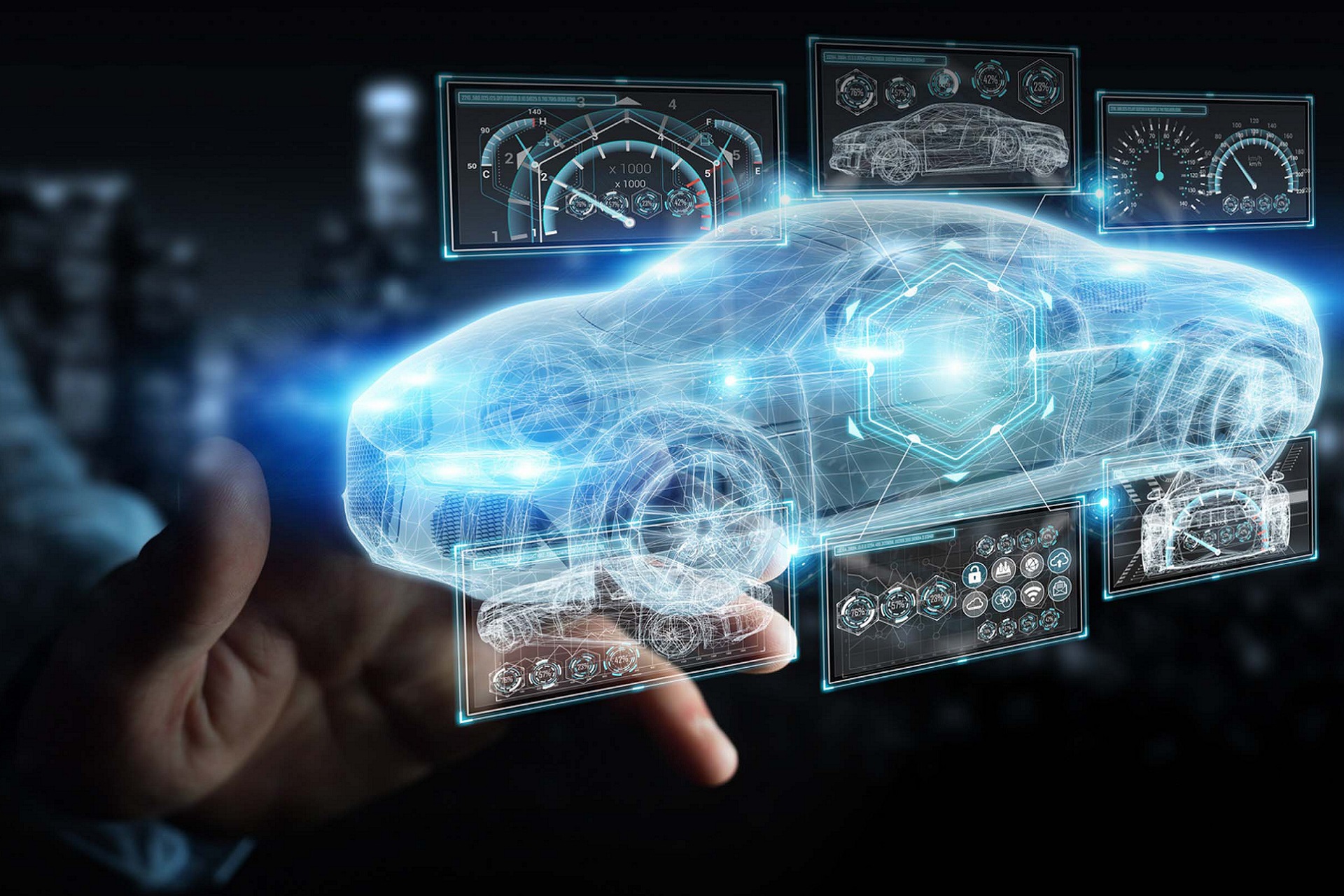
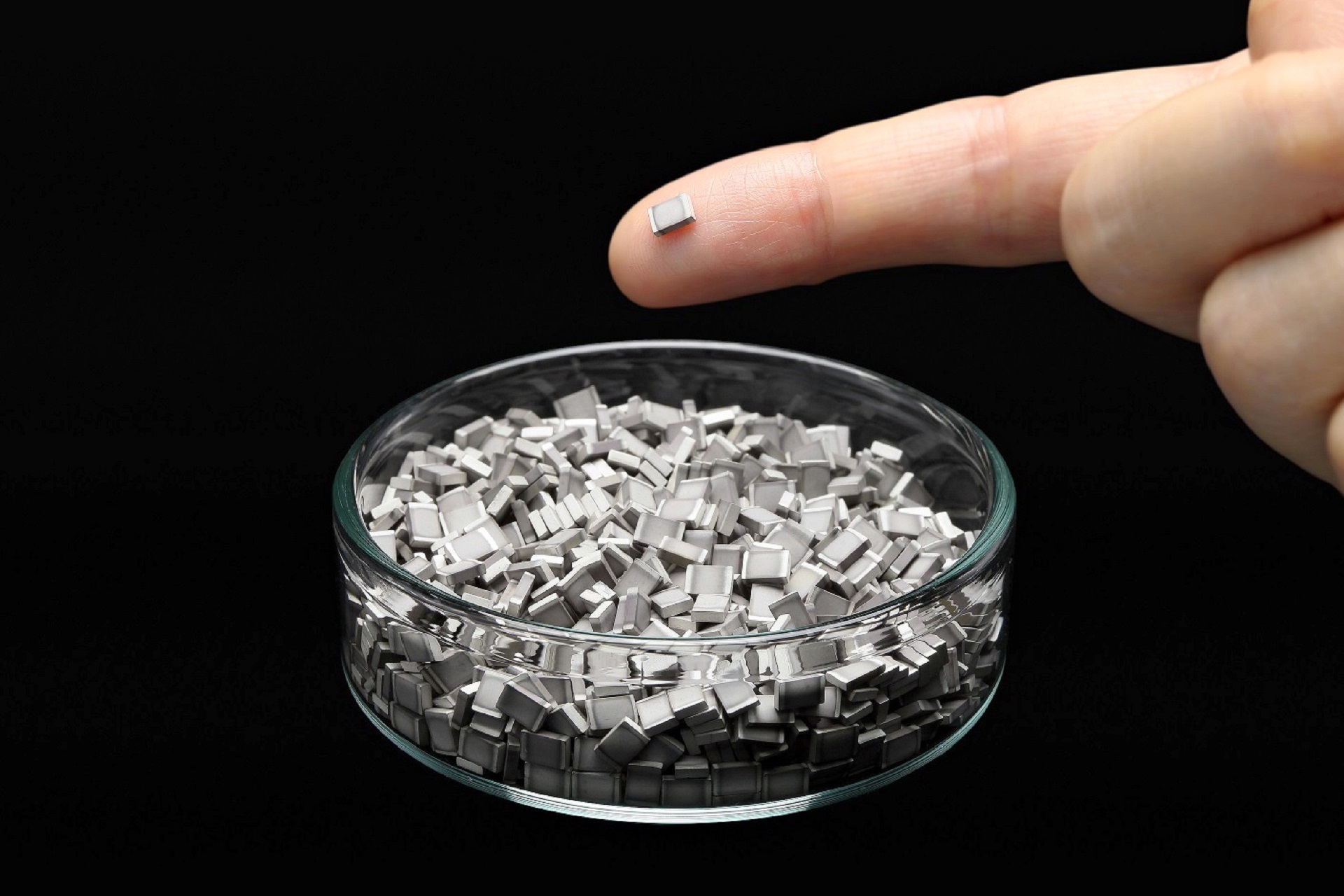
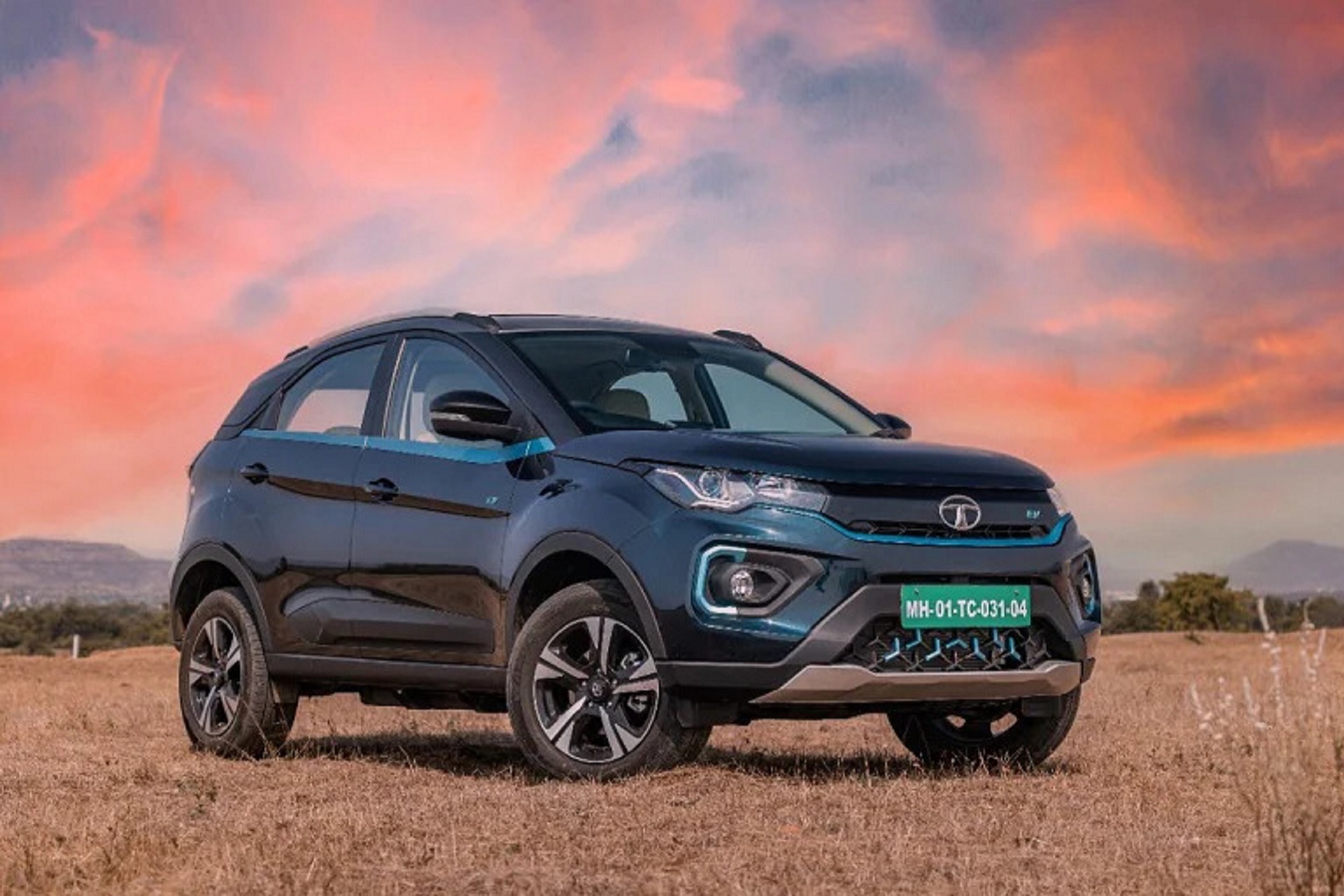
Please Login / register to post your comments!!
0 Comments